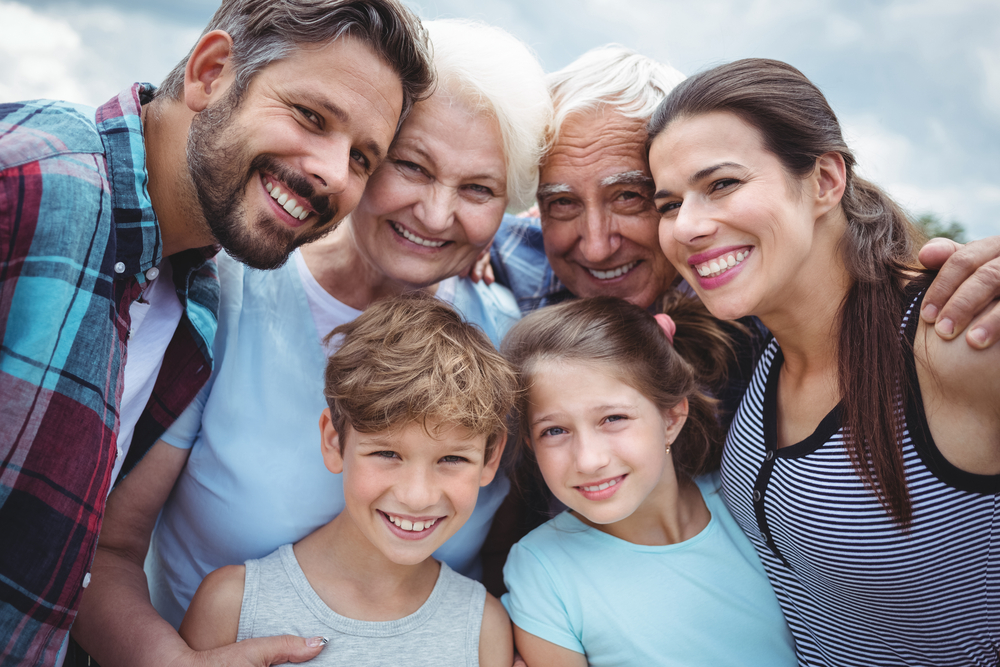The Effects of Cancer on Family Life

When it comes to a cancer diagnosis, both you and the important people in your life are affected. Even after treatment ends, the emotional and physical changes cancer leaves behind can cause a ripple effect that can be felt by the entire family.
One common concern that family members of cancer patients have is, “Will I get cancer, too?” Certain types of cancer, such as breast, ovarian, endometrial, pancreatic, colorectal, and prostate cancers, can increase the risk for blood relatives of cancer survivors. Genetic counseling can help assess this risk for family members.
Another concern among couples of child-bearing age is, “Will we be able to conceive a child?” Again, the answer varies. It’s likely that your oncologist has talked with you about fertility, including how it can be affected by treatment and the preservation methods available should you one day want to start a family. If that’s the case, you may have preserved eggs or sperm in advance and you and your partner will need to discuss how to proceed. If you didn’t address fertility before treatment, trying to conceive a child could leave you feeling stressed and anxious.
Whether you want to conceive a child or not, you and your partner may have concerns about sex and intimacy. You both may question when, or even if, it’s okay to be sexually active. There are times when cancers and cancer treatments do impact sexual function. Because of this, you might sometimes feel self-conscious about your body image and your partner may worry about causing you discomfort.
Remember, having these questions and concerns is completely normal. The good news is that with time and open communication, you and your family will find yourselves focused less on cancer and more on enjoying normal life together.